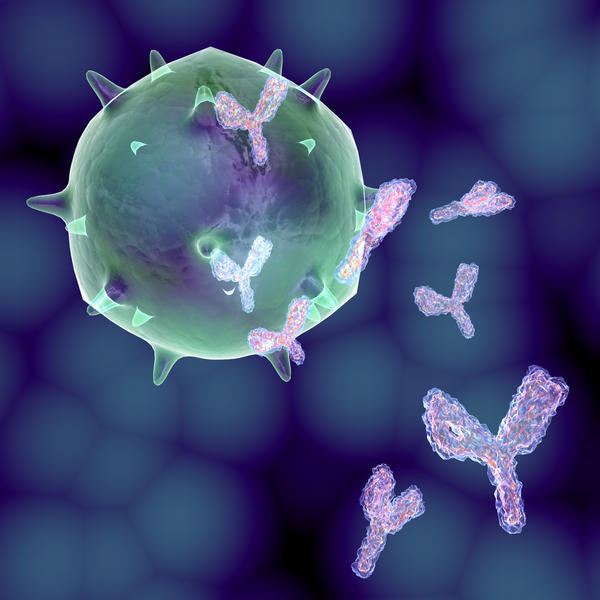EU grants 2.1 million euro to Phase Holographic Imaging and Malmö University with partners for joint cancer research
The European Commission has appointed Phase Holographic Imaging, Bundesanstalt für Material-forschung und Prüfung (Germany’s federal technology research institute), Malmö, Umeå, Copenhagen and Turku University to develop improved methods for clinically diagnosing cancer. The €2.1 million grant finances a three-year research project which is coordinated by Malmö University and commercialized by Phase Holographic Imaging (PHI).

Current methods for diagnosing cancer primarily focus on the proteins associated with cancer. However, there is increasing evidence that carbohydrates play an important role in the development and progression of malignant cancer. Current methods use and rely on antibodies created by living organisms. These natural antibodies, however, are not sufficiently specific to accurately detect and image carbohydrates.
“Oncology research and diagnostics are in need of low-cost and robust probes to detect carbohydrates. The project’s goal is to meet this need by combining specific carbohydrate probes – in the form of molecularly imprinted polymers or ‘plastic antibodies’ – with holographic microscopy”, said Anette Gjörloff Wingren, Ass. Professor, Malmö University.
“This grant is a milestone for PHI. The recognition by the European Commission shows that the possibilities our holographic microscopy technology provides in the battle against cancer is rapidly becoming well known and established in the medical research community”, said CEO Peter Egelberg.
As the commercializing partner of the project, PHI has the right to commercialize the research results to further develop these from prototype to finished product. For more information regarding the research project see Research news at Malmö University (in Swedish).
For additional information, please contact:
Peter Egelberg, VD
Tel: +46 703 19 42 74
E-mail: peter.egelberg@phiab.se
Web: www.phiab.se
Phase Holographic Imaging (PHI) leads the ground-breaking development of time-lapse cytometry instrumentation and software. With the first instrument introduced in 2011, the company today offers a range of products for long-term quantitative analysis of living cell dynamics that circumvent the drawbacks of traditional methods requiring toxic stains. Head-quartered in Lund, Sweden, PHI trades through a network of international distributors. Committed to promoting the science and practice of time-lapse cytometry, PHI is actively expanding its customer base and scientific collaborations in cancer research, inflammatory and autoimmune diseases, stem cell biology, gene therapy, regenerative medicine and toxicological studies.


